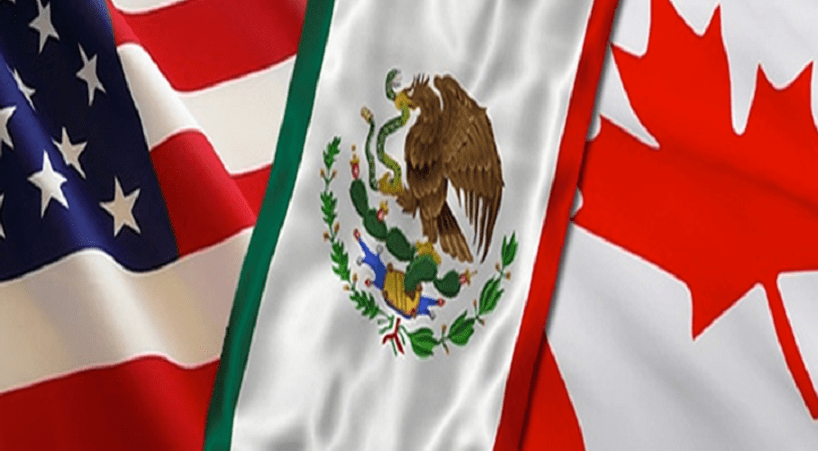The Mexico-U.S.-Canada Agreement (USMCA), in addition to product-specific rules, incorporates a Labor Value Content (LVC) requirement for automotive goods.
Under this requirement, passenger cars and trucks are considered originating only if a certain percentage of their value is produced by employees whose minimum hourly wage is $16.
The VCL for light vehicles was set at 30 percent for the 2020-2022 period and will increase to 40 percent beginning in 2023; for trucks, this percentage is 45 percent.
USMCA
The USMCA’s specific rules of origin are stricter, as the thresholds for conferring origin are higher, particularly for certain sectors such as automobiles, steel and aluminum.
For example, for many automotive products the Regional Value Content (RVC) was increased from 62.5% in the North American Free Trade Agreement (NAFTA) to 75% in the USMCA.
In addition, in order to obtain origin, automobile producers must use aluminum and steel from the region that account for 70% of the value of purchases, and origin is only conferred if the metal is smelted and cast in the territory of one of the Parties.
The USMCA also establishes a CVL criterion for conferring origin in the automotive sector.
The direct correlation between the economic conditions of Mexico and the United States has strengthened in recent years due to NAFTA, replaced by the USMCA.
During 2017, the NAFTA renegotiation process between the United States, Canada and Mexico began.
The three countries reached an agreement in November 2018, which was subsequently ratified in March 2020.
Since the entry into force of NAFTA in 1994 between Canada, the United States and Mexico, total merchandise trade between the three countries has increased.
However, political developments in the United States may have implications for trade among the three North American nations, any of which may result in increased volatility in the region.
In particular, the United States has recently imposed tariffs on certain goods between itself and Canada and has threatened to impose additional tariffs.
![]()

